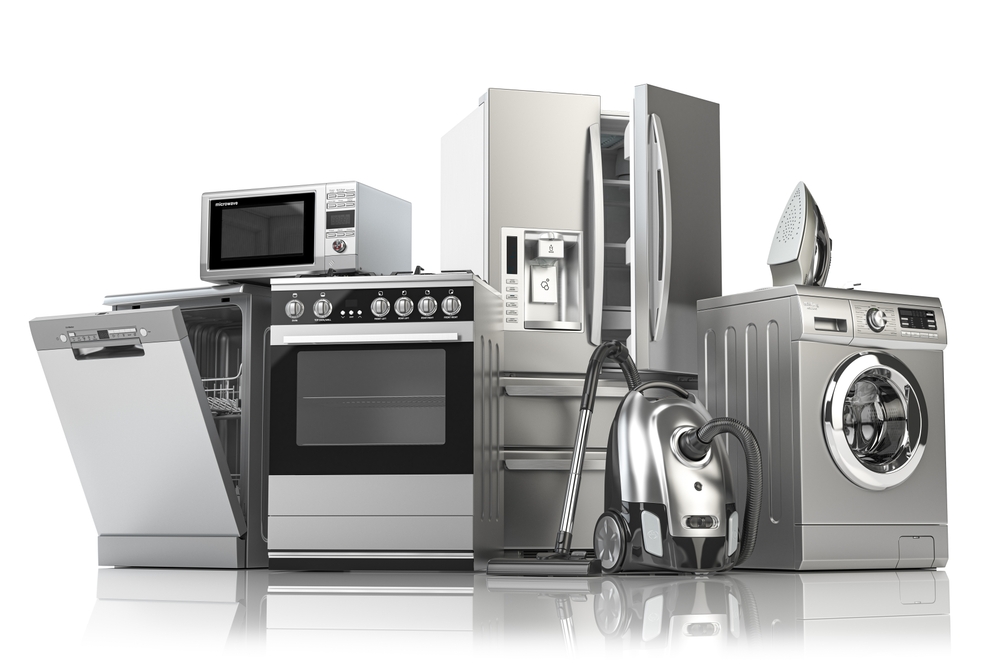
When it comes to home appliances, we rely on these machines to make our lives easier and more convenient. From refrigerators to washers and dryers, these appliances play a crucial role in our daily routines. However, like all things, appliances have a limited lifespan and will eventually need to be replaced. But how do you know when it’s time to replace an appliance? In this guide, we’ll discuss the signs that indicate it’s time to replace your appliances.
Signs That Indicate It’s Time to Replace Your Appliances:
1. Age of the Appliance:
One of the most telltale signs that it’s time to replace an appliance is its age. Most appliances have a lifespan of around 10-15 years, depending on the make and model. If your appliance is nearing the end of its lifespan, it may start to show signs of wear and tear. Constant breakdowns, strange noises, and performance issues are all indicators that your appliance may need to be replaced.
2. Energy Efficiency:
Another factor to consider when deciding whether to replace an appliance is its energy efficiency. Older appliances are typically less energy-efficient than newer models, which can result in higher energy bills. If you notice an increase in your energy costs or have appliances that are not Energy Star-rated, it may be time to consider replacing them with more energy-efficient models.
3. Repairs Are Becoming More Frequent:
If you find yourself constantly calling for appliance repairs, it may be more cost-effective in the long run to replace the appliance altogether. Constant repairs are not only inconvenient but can also add up in terms of costs. Consider the age of the appliance and the cost of repairs when deciding whether to repair or replace.
4. Performance Issues:
If your appliances are not performing as well as they used to, it may be time to start looking for replacements. For example, if your refrigerator is not keeping your food cold, or your dryer is not drying clothes properly, these are clear signs that the appliance is on its last legs. Poor performance can also lead to food spoilage, wasted energy, and increased utility bills.
5. Outdated Technology:
Technology is constantly evolving, and newer appliances come equipped with advanced features that can make your life easier. If your appliances are outdated and lacking in modern features, it may be time to upgrade to newer models. For example, smart appliances can be controlled remotely, have energy-saving modes, and provide real-time alerts and notifications.
6. Safety Concerns:
If you have safety concerns about your appliances, it’s important to address them promptly. Faulty wiring, gas leaks, or other safety hazards can pose a risk to your home and family. If you suspect that your appliances are not safe to use, it’s best to replace them immediately to prevent any accidents or injuries.
7. Aesthetics:
While aesthetics may not be the top priority when it comes to appliance replacement, the visual appeal of your appliances can impact the overall look of your kitchen or laundry room. If your appliances are outdated, mismatched, or no longer fit the decor of your home, replacing them with newer models can help refresh the look of your space.
Summary
Knowing when to replace your appliances is essential to maintaining the efficiency, safety, and functionality of your home. By keeping an eye out for these signs and factors, you can determine when it’s time to upgrade to newer, more reliable appliances. Remember to consider the age of the appliance, energy efficiency, repair costs, performance issues, technology upgrades, safety concerns, and aesthetics when making the decision to replace your appliances.
